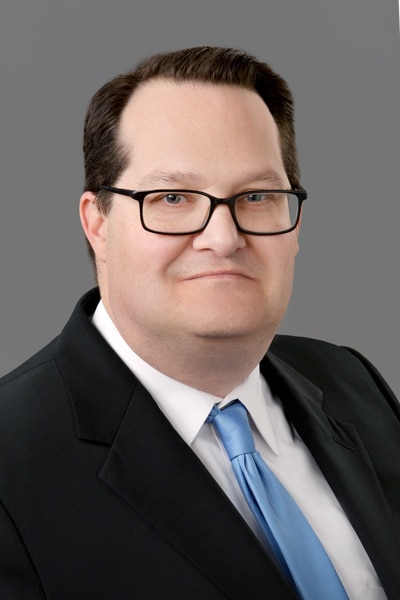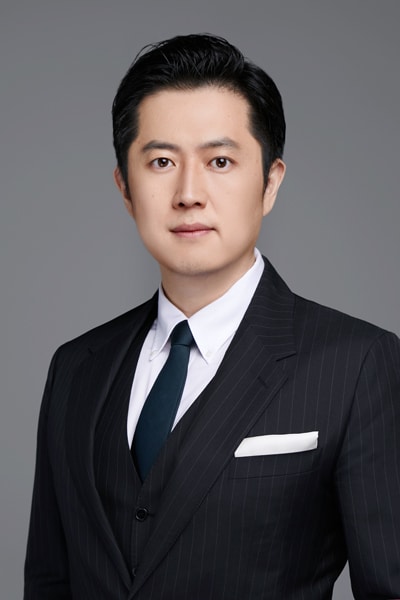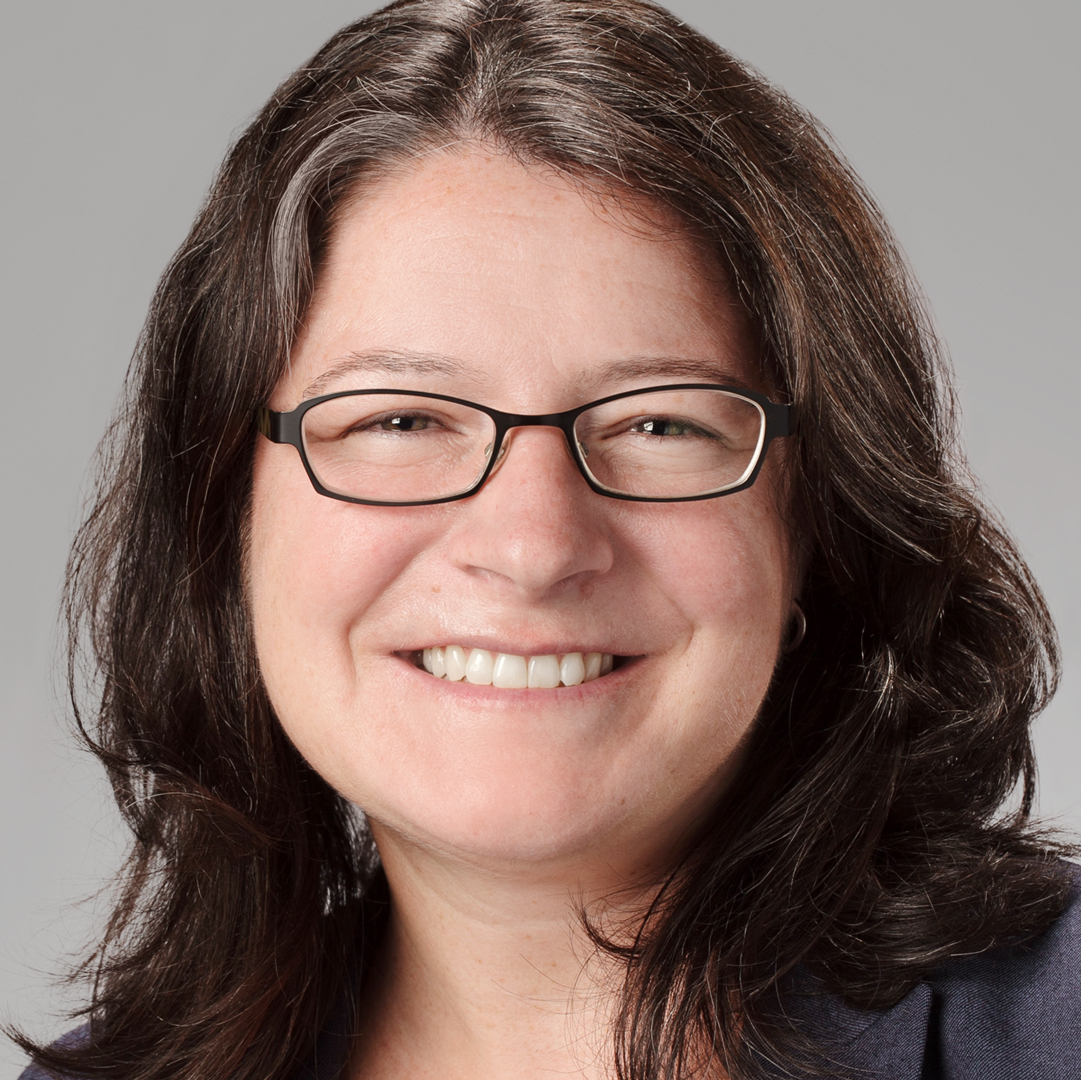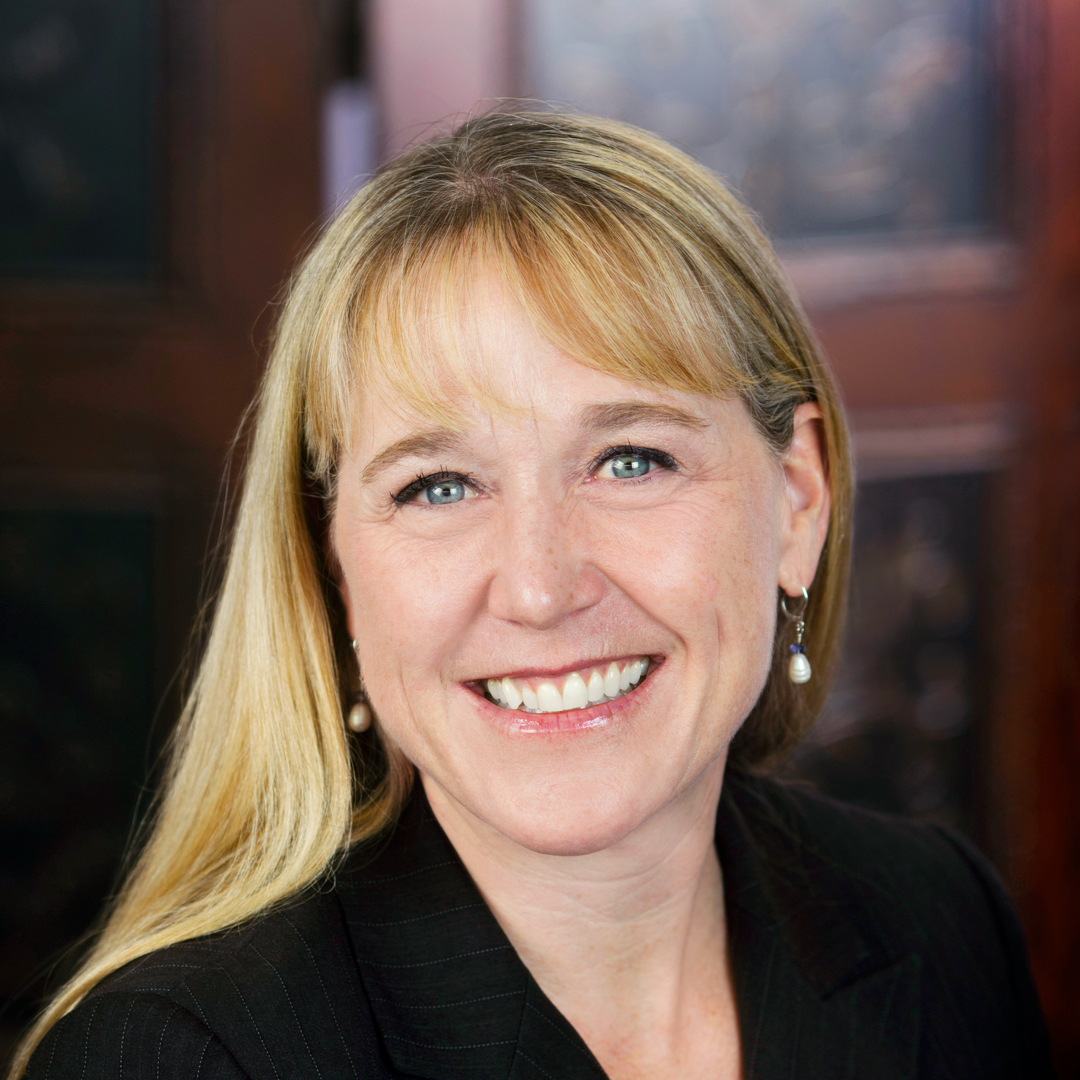William Mansfield has been to fifty-five countries in the past twelve years. He’s on a quest to track down and expose international tape and glue counterfeiters.
Mansfield works in-house at ABRO, a company based in South Bend, Indiana, that makes and exports motor oil, spray paint, spark plugs, glue, tape, air fresheners, sandpaper, wiper blades, and other consumer goods. Since joining ABRO in 2008, Mansfield has planned and led covert sting operations in countries like Ghana, Pakistan, and Yemen. These efforts have recovered millions of dollars in counterfeit goods and resulted in hundreds of criminal arrests.

It all started in 2004 at the China Import and Export Fair, when an ABRO employee witnessed an imposter handing out business cards and selling fake ABRO products. ABRO convinced local authorities to intervene, but the damage was done. The counterfeiter had demonstrated the value in knocking off ABRO products.
Soon, smaller copycats were popping up in developing nations worldwide where the company is a trusted household name. “These counterfeiters were ruining our reputation and stealing $1 million in profits each month,” Mansfield says.
Peter Baranay, the sole owner of ABRO, values personal relationships and often works with small, independent distributors. He’s been known to develop close friendships with distributors, attending weddings and other family functions. In beating ABRO’s criminal rivals, Mansfield took the Baranay approach. Instead of sinking time and money into protracted lawsuits, he flew to China, sat down for tea with local authorities, got them to care about his company, and solicited their help. It worked.
“Chinese officials are strongly opposed to lawbreakers, but they have limited resources and unlimited requests for help. We found they would work with us after they got to know us,” Mansfield says.
Soon, the knockoffs slowed to a trickle. In 2018, an undercover ABRO employee met with a known glue counterfeiter and discovered just how successful Mansfield’s plan had been. “The salesman would sell our guy any other brand of glue, but not ABRO,” he explains. “They were finally too scared to mess with us again.”
Mansfield had succeeded in building a global brand protection system, an ordeal that helped him realize ABRO had the potential to succeed in China. The company’s bogus products did big business in China because counterfeiters claimed to be an ABRO subsidiary working in China. But ABRO didn’t have a subsidiary working in China . . . yet.

Enter Leon Ge. Ge was born in the coastal city of Qingdao and studied IP law in the UK. He worked at a Chinese law firm, where his first client was a foreign distributor of nonelectrical consumer goods: ABRO. Ge’s performance quickly caught Mansfield’s eye—he recognized that Ge was the perfect person to be ABRO’s man inside China. Mansfield started courting Ge, and the two hit it off. In fact, they developed such a rapport that Ge accepted ABRO’s job offer without knowing his own salary.
“I knew they trusted me to create their division in China, and I trusted them to take care of me,” Ge says.
Mansfield and Ge are an odd couple. “I look like a turtle, and Leon is a beautiful swan,” Mansfield jokes, adding that their professional skills are perfect complements. Mansfield zeroes in on anti-counterfeiting, brand protection, and intellectual property. Ge, who has studied both business and law, brings a broader perspective.
In beating the counterfeiters, Mansfield had learned a few things about IP in China. He knew Ge could use those findings to help ABRO penetrate the country’s large and tantalizing market.
“Many companies complain about knockoff goods and weak IP protection in China, but we learned that the system works. It’s not broken. You just have to understand it,” Mansfield says.
ABRO asked Ge to do everything necessary to get its Chinese division up and running, allowing him total carte blanche. “There was a lot of mutual trust, and everything was on my shoulders,” Ge recalls. “I was on my own to figure everything out and make it work for them.”
To succeed, Ge relied on his understanding of the Chinese language, culture, systems, and politics. He navigated rules, restrictions, and bureaucratic red tape to lease office space, hire employees, and create official legal entities operating in Beijing, Hangzhou, and Hong Kong.
With the foundation established, he turned his focus to ABRO’s distribution network. As the company manufactures seven hundred products in partnership with fifty factories across China, relationships are key. Once, ABRO was just another faceless name on an electronic order form. Now, Ge makes personal visits to factory and trade show floors.
Today, the company has a face in China. “We’re treated differently now because I can interface with people and build true relationships,” says Ge.
As a result, ABRO enjoys more favorable terms, prices, and a stronger supply chain. ABRO’s products were fast-tracked when production resumed after the global coronavirus pandemic, and with Ge’s infrastructure in place, ABRO can get a new product to market nearly five months faster than before.
With its rapidly growing economy, enormous market size, and strong IP protection system, China has much to offer to businesses that can figure out how to operate within its borders. As the Trump administration probes China’s business practices, Mansfield has worked to share ABRO’s positive experiences there.
In 2017, Mansfield testified before the US International Trade Commission and encouraged policymakers to re-examine the Chinese system instead of assuming it’s a safe haven for bad actors. Counterfeiters flock to China only because that’s where manufacturing happens, he said, both the authentic and the illicit. But the system put in place to protect consumers is working.
After more than a decade spent chasing down those counterfeiters and opening a new ABRO division, Mansfield, Ge, and ABRO still believe in three simple words: made in China.


